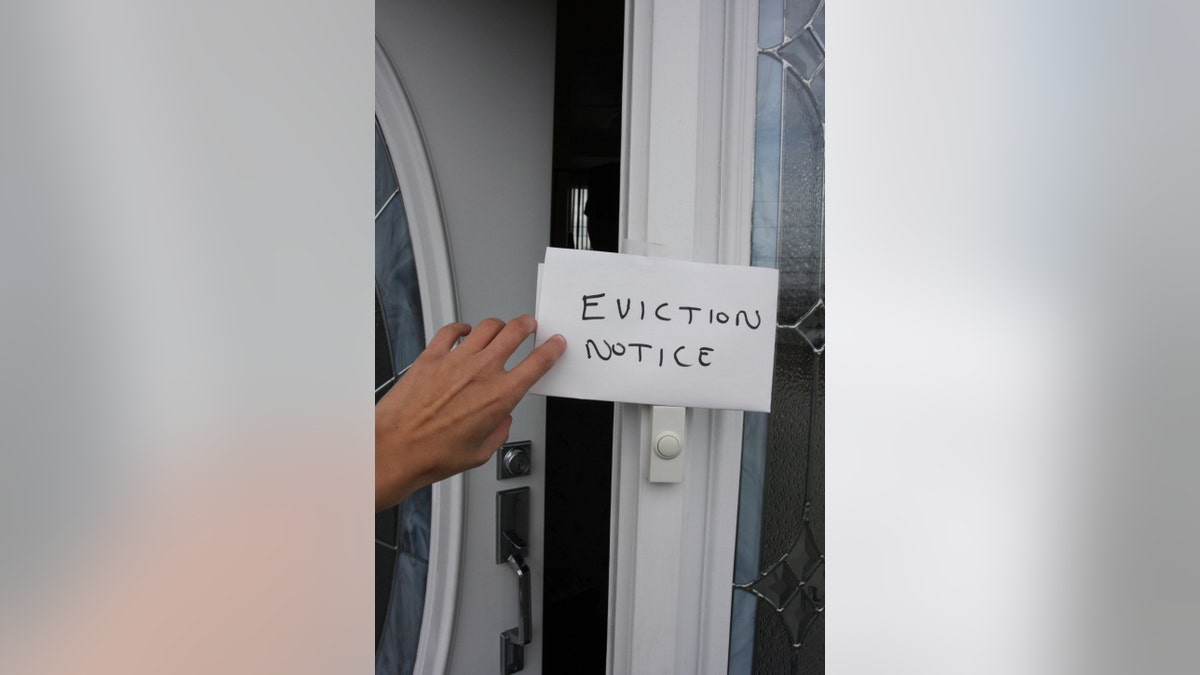
Carey Hope/iStock/Thinkstock
Whatever your circumstances, dealing with an eviction notice is stressful. However, it doesn't necessarily mean you're out of a place tomorrow -- you just need to know how to proceed.
What does the notice say?
There are multiple types of eviction notices. Your response and the amount of time you have depend on the type of notice you received. Here are the four most common types of notices:
- Notice to vacate
Landlords don't have to give a reason for eviction if your lease expires in cities without rent-control laws. A vacate notice typically gives a renter a time frame of one to three months.
What to do: Your landlord may want to raise the rent or want a longer commitment from the tenants. If you want to stay, discuss it with your landlord to see if there are options to avoid eviction.
- Pay rent or vacate notice
This eviction notice gives you a specific amount of time to pay your rent. It differs by locale: Some states, like Connecticut, allow only three days; others, like Arizona, allow five.
What to do: Pay the amount specified within the given time frame. This amount may include late fees -- some states, such as California, don't allow late fees to be tacked on to pay-or-vacate notices. Check your state's laws to see if late fees apply.
- Cure or quit notice
This is a cease-and-desist warning from your landlord to let you know you're in violation of your lease agreement. It will provide a specific time frame for you to remedy the violation. The most common examples include allowing extra tenants to move in and bringing pets into a no-pets apartment.
What to do: Change your behavior to get in line with your lease agreement. Once you've remedied the situation, inform your landlord about the steps you've taken and offer a walk-through of the apartment.
- Unconditional quit notice
These are the most punitive of eviction notices. They state, unequivocally, that the tenant must vacate the premises within a certain amount of time. These notices are usually reserved for tenants who have caused serious damage to or committed crimes on the property.
What to do: Ask your landlord if there's anything you can do to remedy the issue. If not, you'll have to prepare for eviction court.
Know your rights
Eviction laws are state-specific, so read up on your state's Landlord and Tenant Act. You should be able to find one on your state's attorney general website, or you could grab a copy from a nearby courthouse.
Remember, there are certain things a landlord can't do even if he wants to evict you:
- Lock you out or prevent you from entering the property
- Move out your belongings
- Shut off the utilities
- Harass or threaten you to leave the property
- Physically remove you from the property
If your landlord engages in any of the above illegal activities, record evidence of the situation. Contact the authorities if you feel the situation warrants it. Remember, your landlord has to file the proper legal documents to evict you. Only when court proceedings have finished can you be removed from the property, and then only by police.
Keep records
If you have to face an eviction hearing, be prepared. Collect any evidence that proves you have paid rent. Always correspond with your landlord in writing to keep a paper trail. Take pictures of any damage (preexisting or not) to the property using a camera with a digital time stamp.
If you negotiate new terms with your landlord at any point during your tenancy, get it in writing.
Go to the hearing
Whatever you do, don't ignore the hearing. If you don't show up, the judge will rule in favor of the landlord. You'll lose the case, which may make you liable for property damages and fines.
The post I Just Got an Eviction Notice. Now What? appeared first on Real Estate News and Advice - realtor.com.